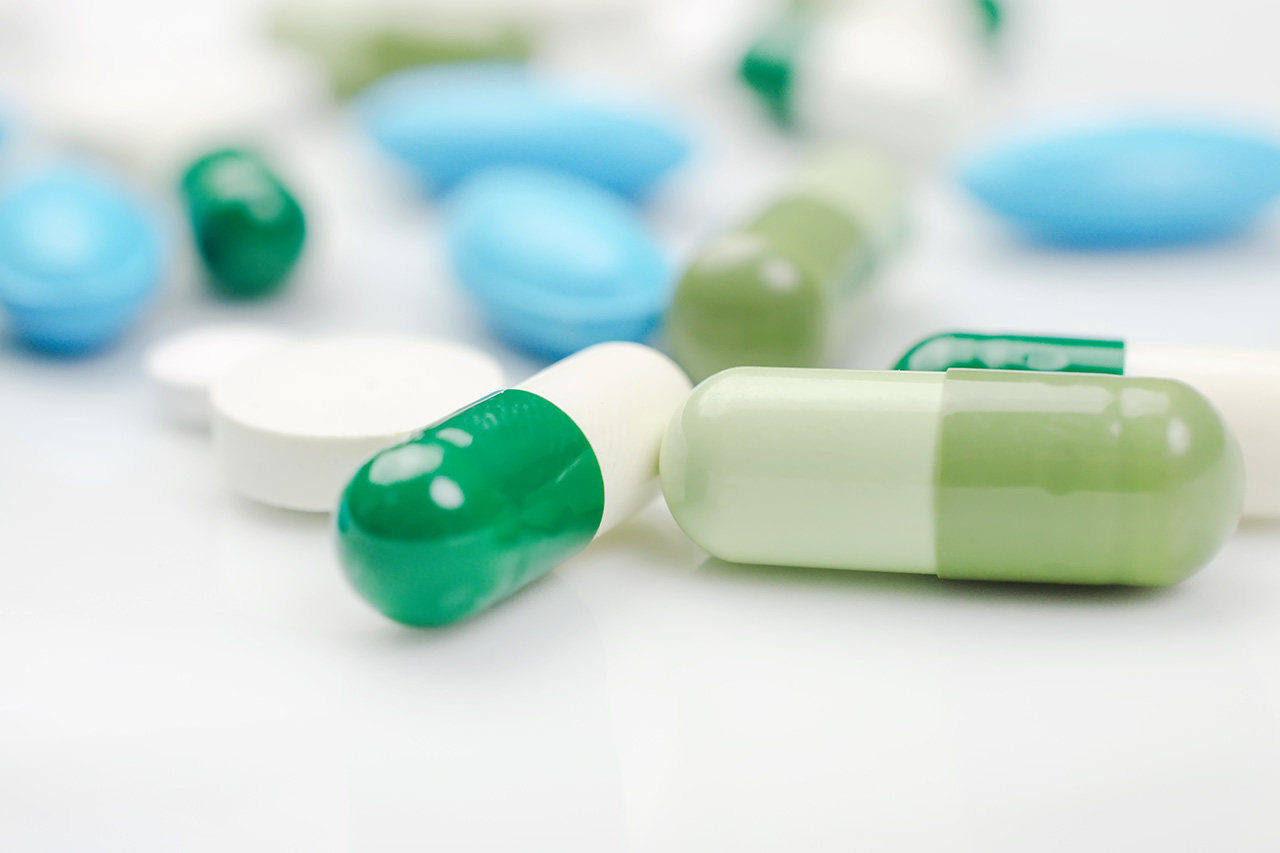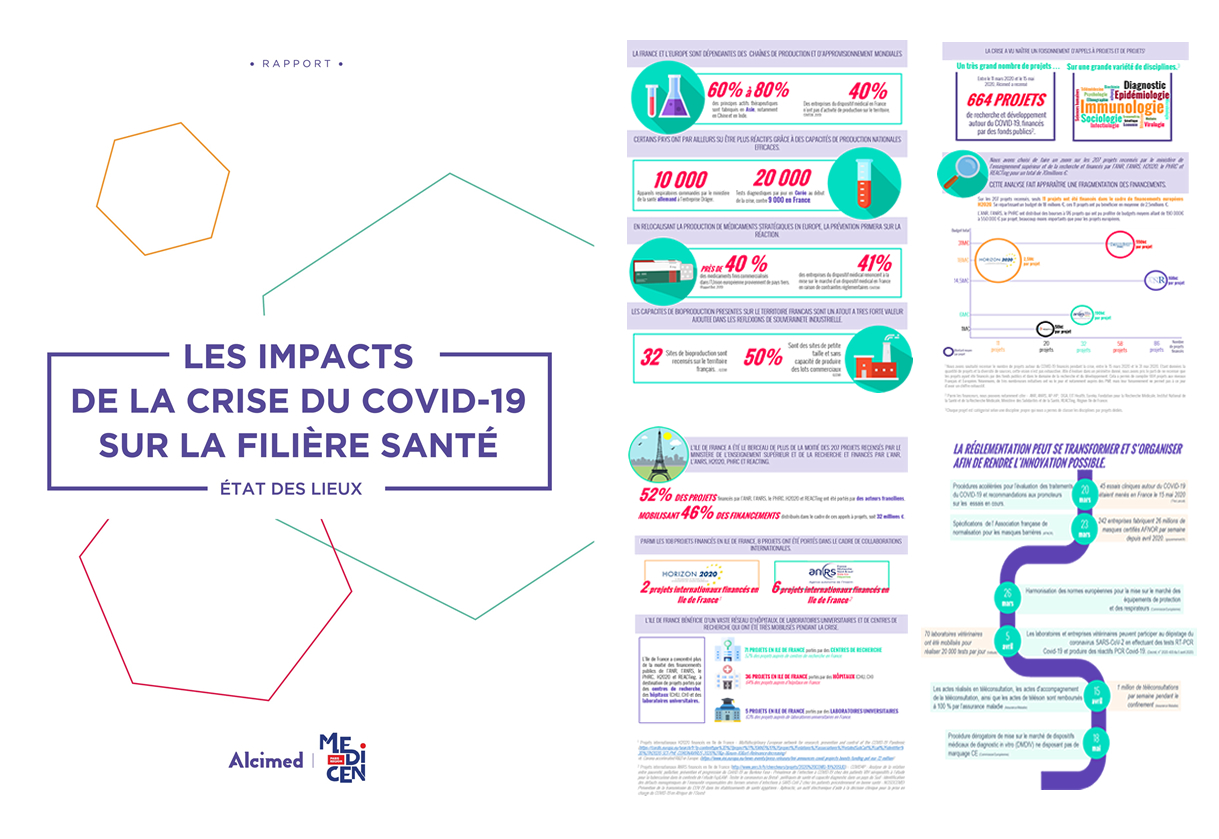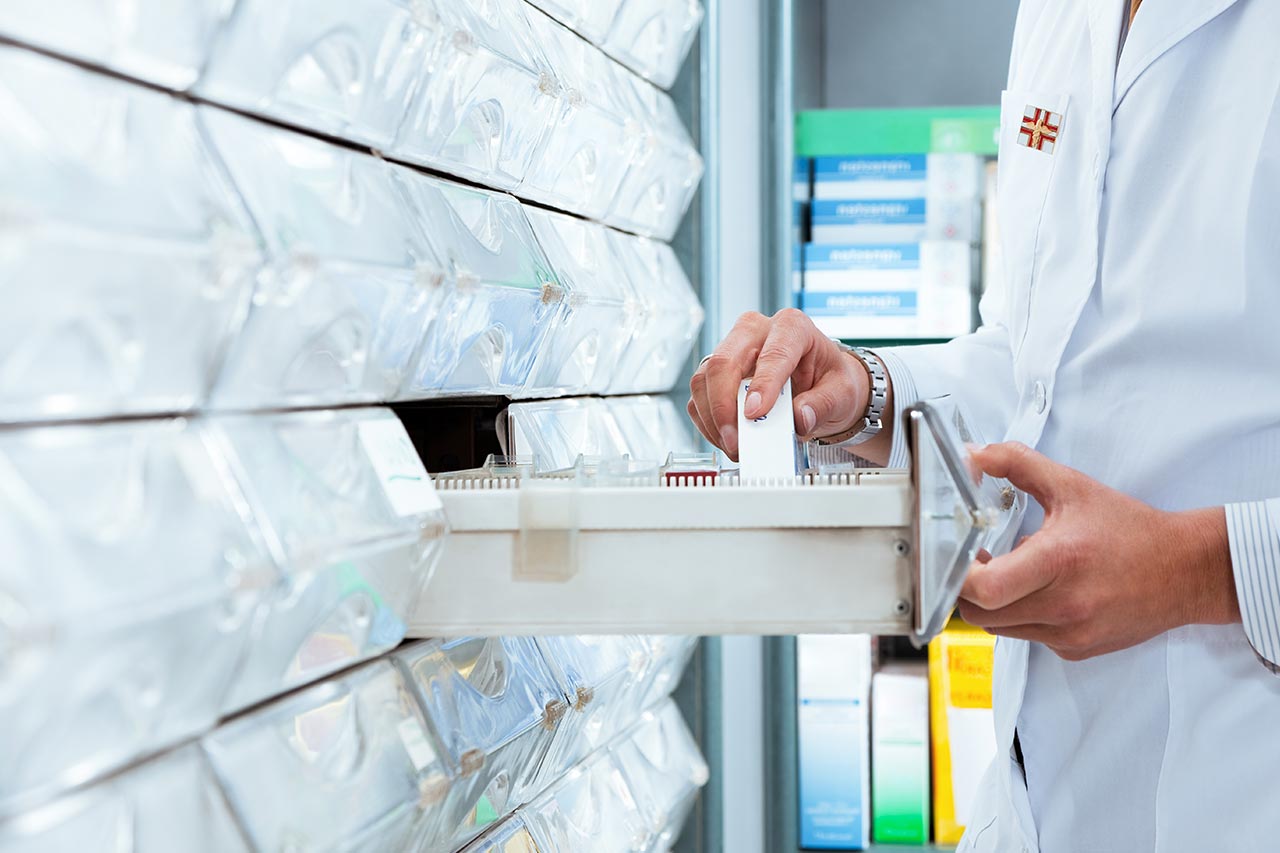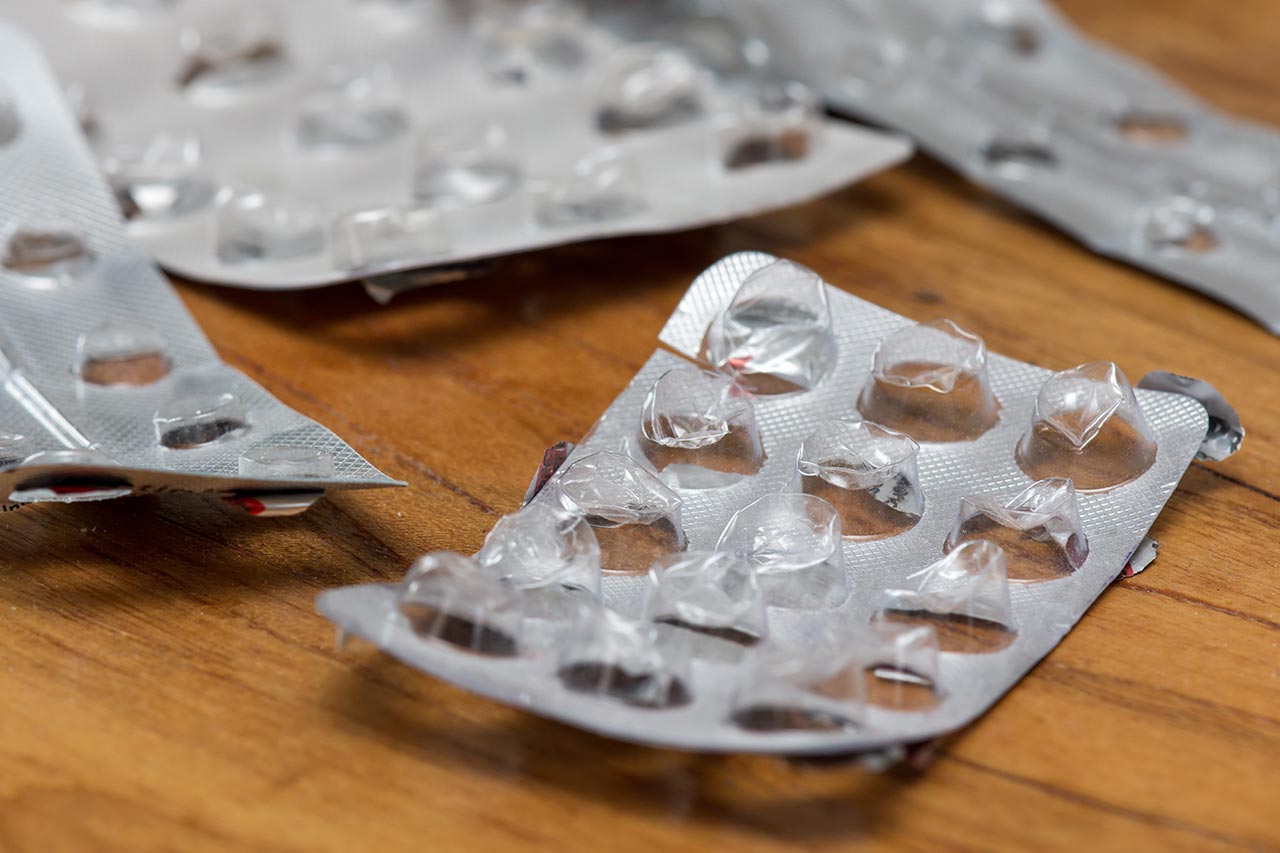Securing drug supply #1: The constitution of stocks
The first strategy, which is easy to implement, is to build up stocks. This strategy appears to be the most effective because it can apply to all types of drugs and works whether the tension comes from the production of APIs or from the final form. However, this requires having access to a pool of finished products. It is also necessary to establish a real stock management policy to target needs. Indeed, stock lifespan is variable. In addition, a real ethical dimension emerges. This strategy may be questionable in case there are supply tensions in several territories: the storage of drugs by France would be done to the detriment of other countries.
Securing drug supply #2: Centralize the purchase of molecules on a national scale
Centralizing purchasing at the national level would have many advantages. The first one is better regulation of drug use and an increased responsiveness in the event of a shortage. We could even hope for better negotiating power and therefore a positive economic impact and an increased commitment from suppliers. This strategy is nevertheless very complex to implement: it requires profound organizational changes compared to the current supply of pharmacies and hospitals. In addition, many players are involved in the supply of medicines: while their interests may diverge, they will have to come together around this common ambition to achieve effective and efficient centralization.
Securing drug supply #3: Encourage the relocation of production by creating a European label for pharmaceutical production
Such a strategy aims at strengthening control over the value chain, this time on a European scale. The creation of a European pharmaceutical production label and its inclusion as a purchasing criterion would not only promote the return of production in Europe, but also allow better control of the tools in the production chain. However, several obstacles stand in the way of such a strategy. Similar to the centralization of the purchase of molecules on a national scale, it is difficult to set up, even without guarantee of results. In addition, production in Europe is not suitable for all molecules. Some have too low added values, others, due to the toxicity or the dangerousness of their manufacture process, require the construction of expensive dedicated facilities in Europe which may not be accepted by the locals. Depending on the molecule, this strategy can therefore naturally generate an increase in costs, and therefore a rise in prices, which is contrary to the current French pricing policy.
Securing drug supply #4: Finance additional production capacities
Another approach is to finance the local creation of a new production line or even a new factory. This would sustainably increase the production of the final form of one or more drugs or their APIs, depending on the primary need. Several points of vigilance should however be emphasized. First, it is necessary to establish groups of molecules whose production conditions are compatible, in order to give oneself the chance of making such a tool profitable. Beyond this point, the investment required for such a strategy is significant, even prohibitive if we want to ensure compliance with environmental standards or if the drug in question generates margins which are too low.
Securing drug supply #5: Develop flexible production capacities
The idea here is to increase the flexibility of existing production lines in order to quickly and temporarily produce drugs that experience supply pressures. This flexibility encompasses room to maneuver in the occupancy rate of the facilities as well as a certain versatility to produce a targeted molecule or final form. Once the crisis is over, the line can resume the production of the drug or molecule that is not at risk. The main limitation of this approach, beyond the technical difficulties and the investment, is obtaining multiple accreditations to produce all the desired molecules. This is usually much longer than the crisis itself!
Securing drug supply #6: Reduce the time taken to obtain MAs for substitutes
Finally, in rare cases, a final strategy would be to reduce the time taken to obtain MAs for substitute drugs to be used in the event of a shortage. This strategy would have an impact in the long term and on all drugs. Here too, the main pitfall of this strategy is the difficulty in implementing it. In addition, this strategy does not reduce the risk of a supply disruption on the original drug. This strategy, when it can be applied, only facilitates access to an acceptable pharmaceutical alternative.
A plurality of levers can thus be envisaged to secure drug supply in France and in Europe. However, they all involve substantial investments, legislative or practical changes. A regrouping of interests and actors will be necessary to set up such projects. However, securing the supply of medicines in France cannot be thought of without a more global systemic vision. It is necessary to explore the causes of shortages and solutions at the European level. An update of the European Union’s medicine procurement rules and better management of shortages will then have to be put in place to secure drug supply in Europe.
You have a project and you are interested in this subject? Our team is here to help you: discover some examples of cluster study carried out for our customers!
About the authors:
Grégoire, Consultant in Alcimed’s Healthcare team in France
Alice and Christelle, Project Managers in Alcimed’s Life Sciences team in France



